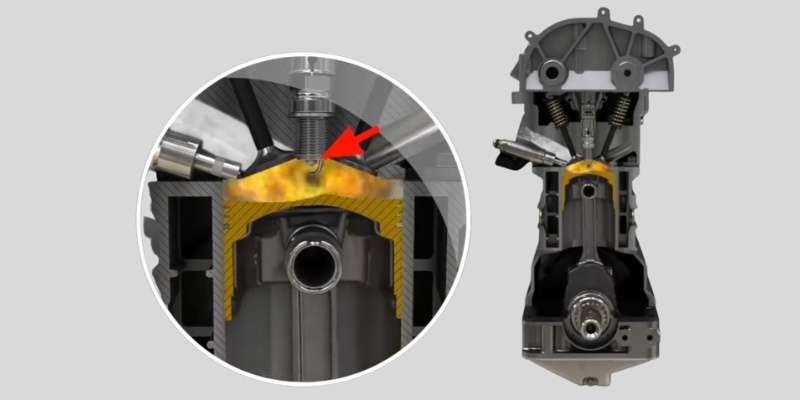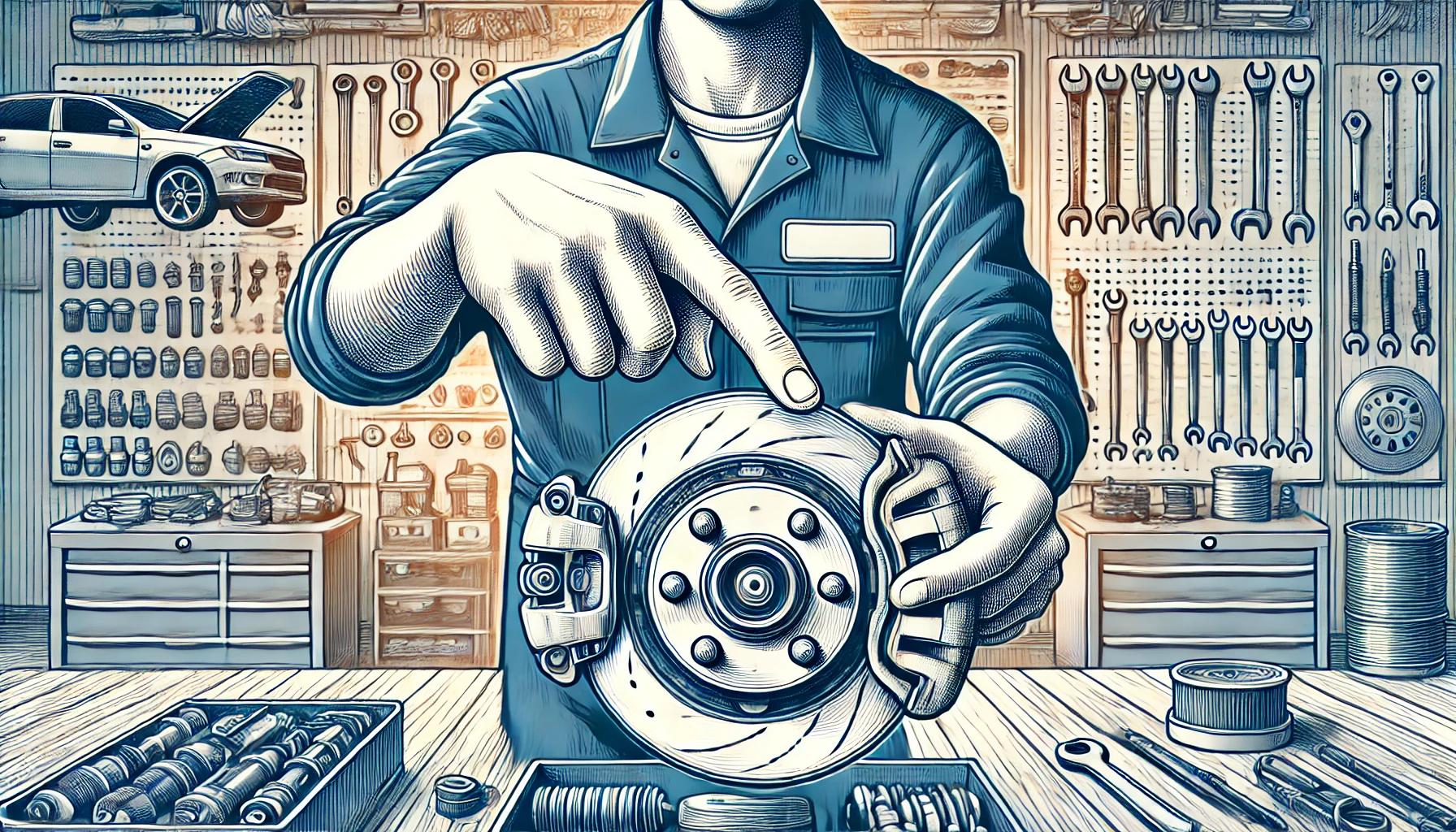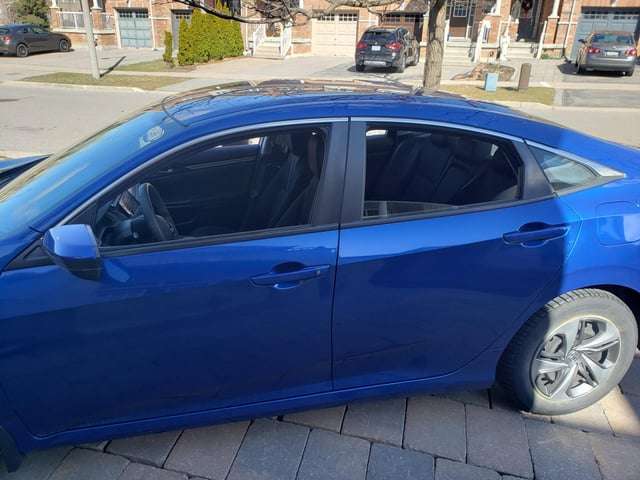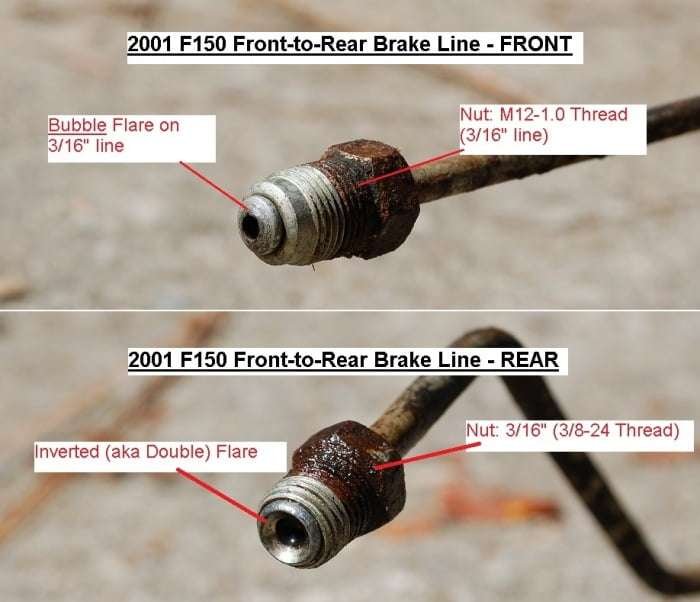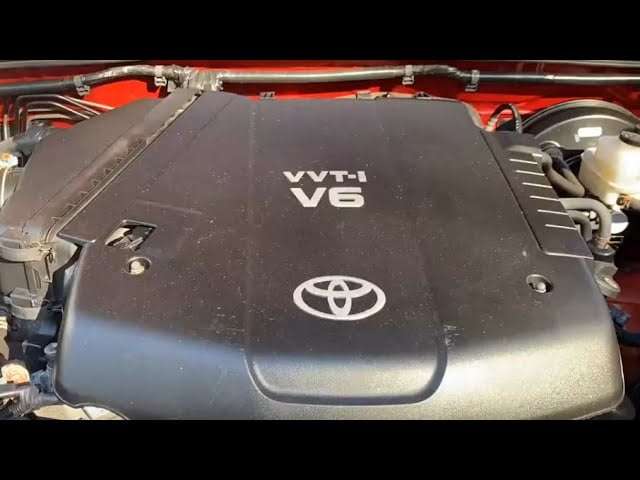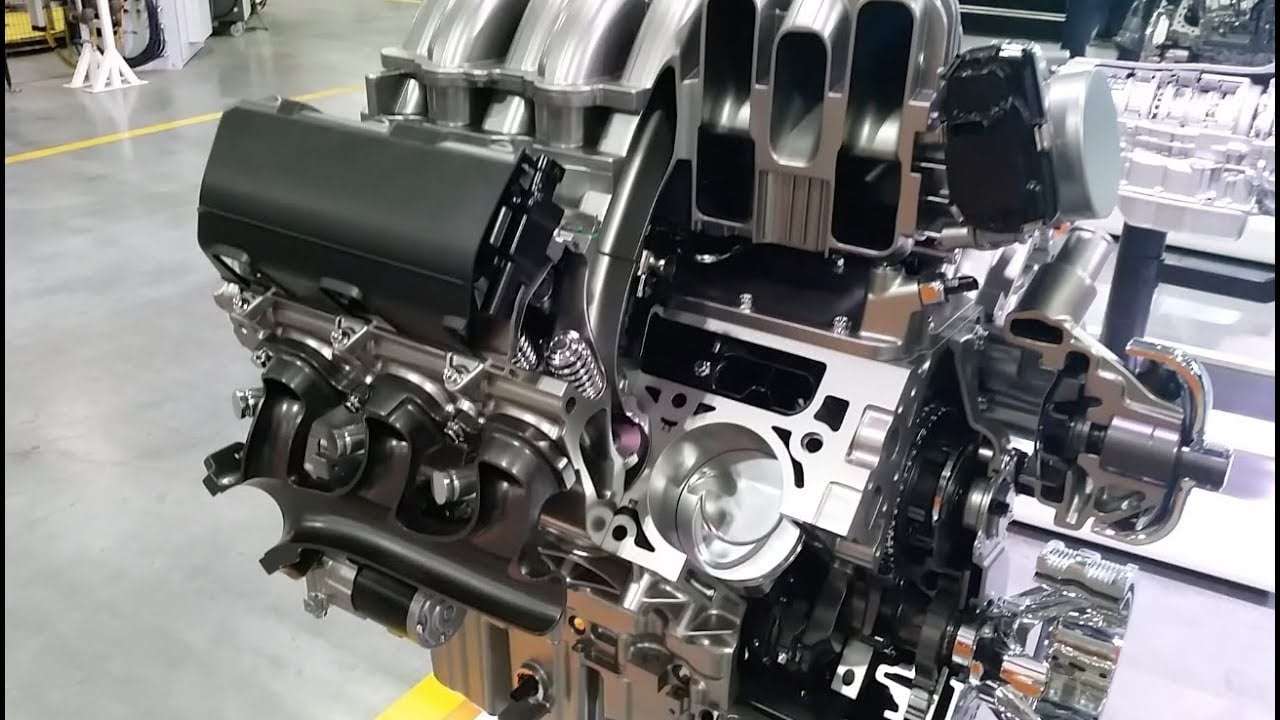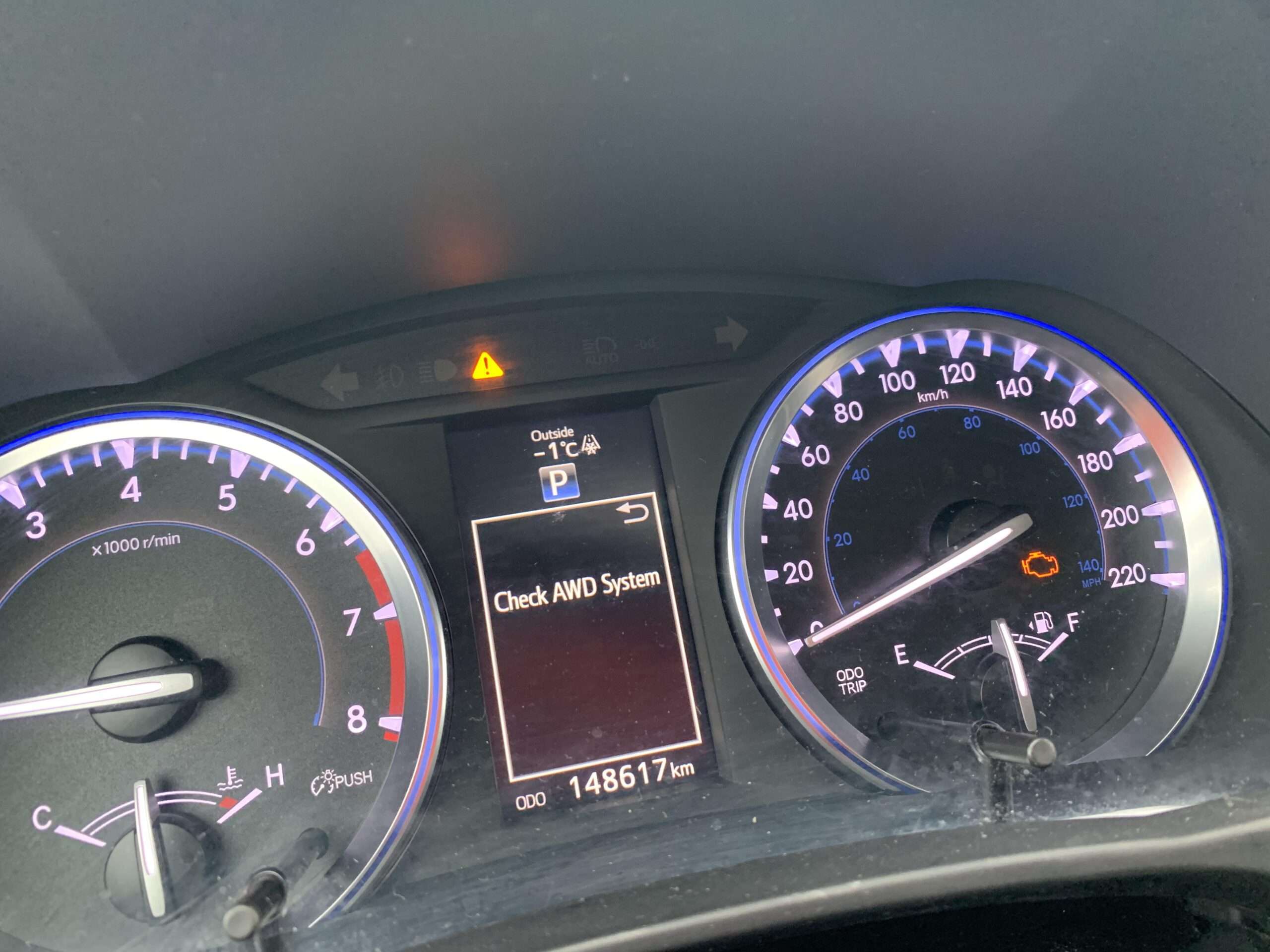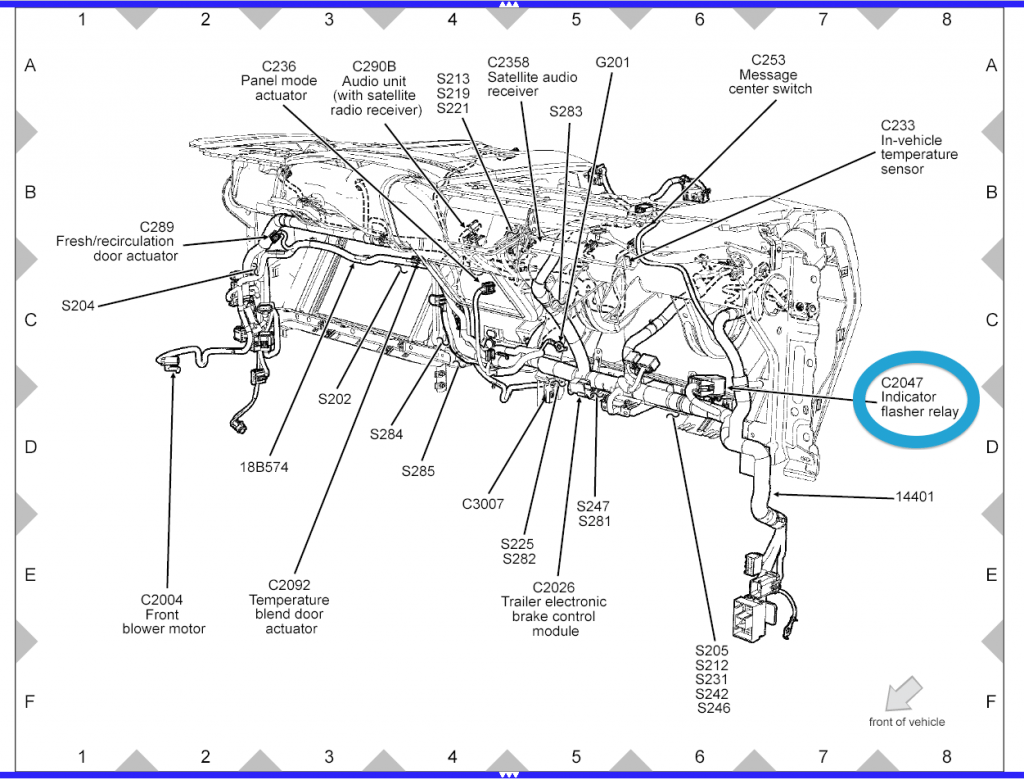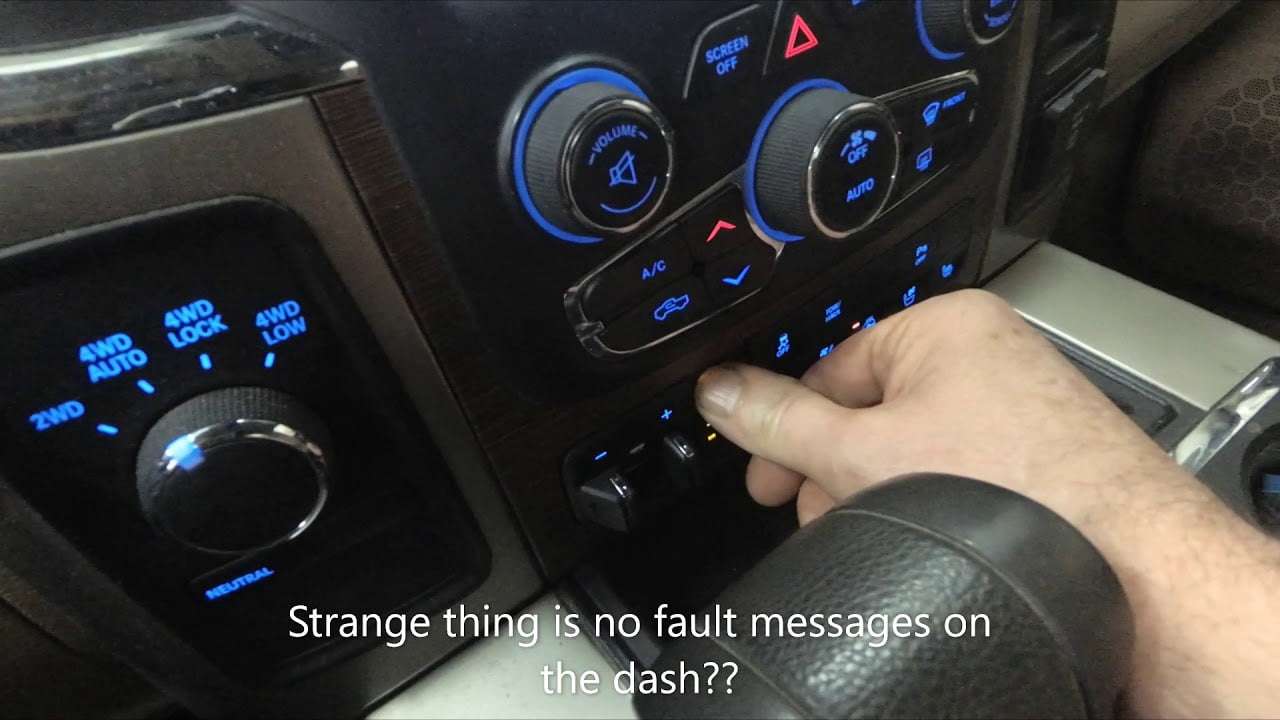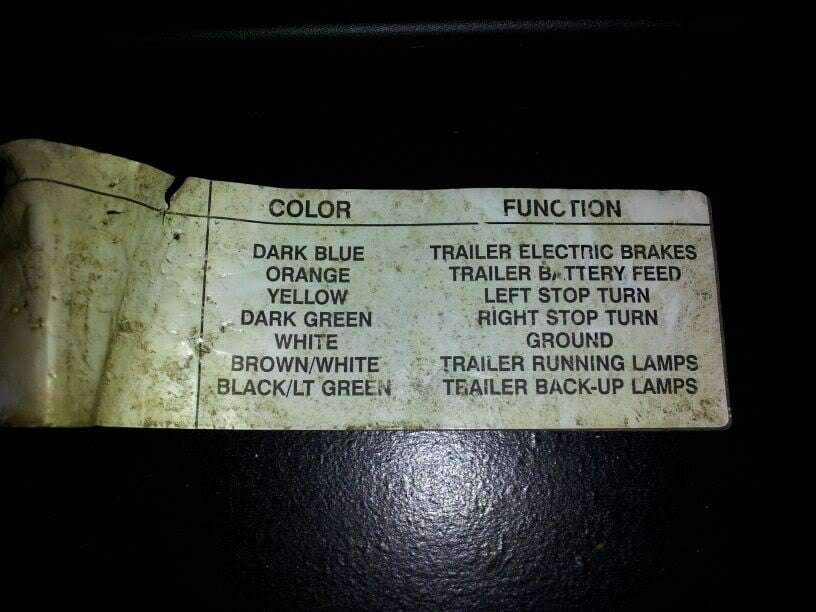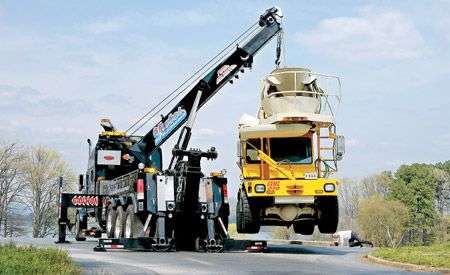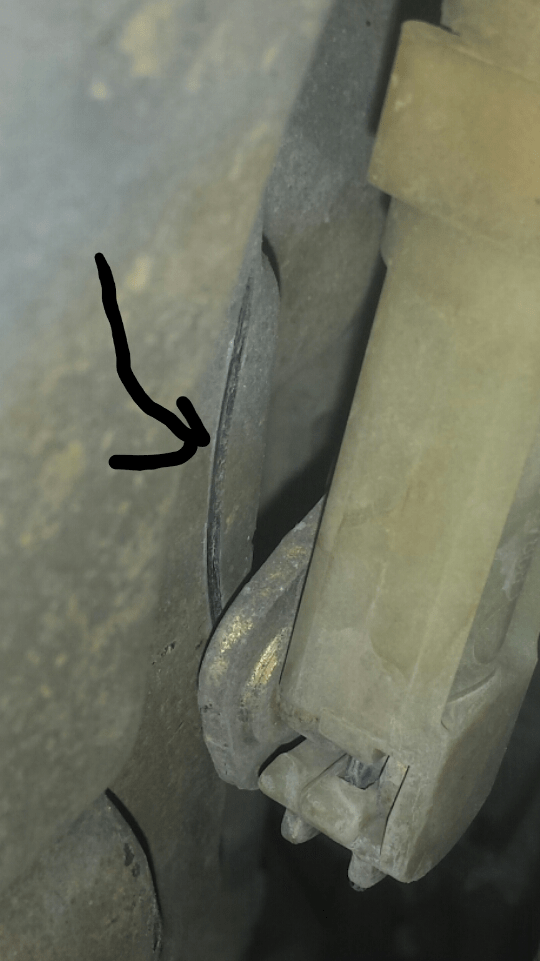Vehicles, like humans, also become sick once in a while. Understanding the cause of the sickness is a prerequisite for finding a cure.
An engine misfire is one of the common sicknesses your car may experience within its lifespan.
So, understanding the common engine misfire causes is a step further in fixing the problem.
This article unravels most of the reasons why vehicles experience engine misfires and what you must do to remedy the situation. However, let’s start by defining the meaning of an engine misfire.
What is an Engine Misfire?
A misfire (or engine misfire) is a malfunction whereby the air-fuel mixture within a car’s combustion chamber fails to ignite at the right time or correctly. This malfunction causes the car to stall, vibrate, or idle roughly.
The engine generates power from several operations, including the spark from the plugs, the air-mixture release, and a host of other mechanical operations.
The engine relies on the fuel from the injectors released into the combustion chamber and the right proportion of air from the intake system. This mixture is ignited by the spark from the vehicle’s spark plugs.
However, the air-fuel mixture must occur within a specified ratio for efficient performance. Any defection from the expected ratio can alter the combustion operation and cause the engine to misfire. Although, this defection can be linked to some of the engine misfires causes below.
Engine Misfire Causes
Although several factors may be responsible for an engine misfire, the following are some of the core reasons why an engine may likely battle a misfire issue.
Defective spark plugs
A spark plug problem is one of the foremost causes of an engine misfire. Two out of three engine misfire occurrences will most likely be traceable to worn or defective spark plugs.
Since the spark plugs initiate the spark that triggers the air-fuel mixture in the combustion chamber to produce engine power, the engine may suffer a misfire when they become weak or go bad.
Clogged or dirty fuel injectors
After the spark plugs issue, the fuel supply issue ranks as another common reason for an engine misfire. Clogged or dirty injectors will not be able to supply the required amount of fuel at the right time for proper firing within the cylinder. This can lead to rough idling and a misfire eventually.
Vacuum leak
A vacuum leak is another culprit of an engine misfire. Several vacuum hoses are designed around the intake manifold to help manage airflow to various engine areas for proper functioning.
Sometimes, one or more of the hoses can be punctured or become defective due to aging. This will automatically result in a vacuum leak that further leads to engine misfire, among other problems.
Worn piston rings
A vehicle’s piston rings are designed to move within the cylinders as the crankshaft spins. They make a proper seal along the wall of the cylinders to enable pressure build-up within the cylinder head as the cylinder compresses air.
So, once the piston rings become worn out, they may not be able to create the required seal for the pressure. Hence, a low-pressure level will automatically result in poor engine performance and eventually lead to an engine misfire.
How to Fix Engine Misfire
Since several factors may be responsible for an engine misfire, it is possible to “shadow-box” in fixing the problem. However, this is not the best way to go about it.
Firstly, it is important to diagnose the exact cause of the problem and channel the solution to that area. Nevertheless, the solutions below will be helpful in rectifying a misfiring engine.
Scan for the problem with an OBD II scanner
An OBD II diagnostic trouble code scanner will be helpful in ascertaining the actual cause of an engine misfire. Since the car’s computer system may give off a misfire code, scanning for the problem will help you identify the meaning of the code. Then, you can proceed to fix the fault.
Replace the bad spark plugs
If the engine misfire is caused by worn or defective spark plugs, ensure to replace the components immediately. Once you do this, you’re good to go.
Clean up the fuel injectors
Clogged fuel injectors only need a thorough cleaning. So, if your car’s injectors are clogged up with dirt, kindly clean them up with recommended injector cleaning kit.
Replace other faulty components
Finally, if the misfire is caused by a faulty ignition system, worn-out piston rings, a vacuum leak, or a defective catalytic converter, ensure to replace the components or repair the ones that can be fixed as soon as possible.
In any case, kindly contact a professional auto mechanic to fix the engine misfire problem if the concerned component is a delicate part.
FAQs
What causes sudden engine misfire?
A sudden engine misfire is usually caused by defective spark plugs, among other culprits. The spark plugs play a vital role in the ignition process of a car. The components trigger the spark that ignites your car’s air-fuel mixture, thereby causing the engine to generate power.
If the spark plugs become worn out or defective, they will not be able to release the spark necessary for starting the combustion process. Therefore, you may experience a sudden engine misfire.
Is an engine misfire a big deal?
Of course, an engine misfire is a big deal. It is a serious issue that must be taken seriously and immediately rectified before it degenerates into more severe engine damage.
In fact, a sudden misfire, while the car is on the road, can lead to an unexpected accident.
Typically, vehicle malfunctions should not be allowed to linger on for a long time. Ensure to fix any fault you spot in your car immediately, especially one that affects the engine or its components.
Can I drive with an engine misfire?
Although it is possible to still move your car around with an engine misfire problem, this is totally not ideal for your safety.
An engine misfire issue is not good for you or your car. It can result in a fatal accident or destroy your car’s engine.
So, anytime you detect a symptom that reveals you have an engine misfire problem, ensure to contact a professional auto mechanic immediately.
Is an engine misfire expensive to fix?
An engine misfire can be cheap to fix and, at the same time, expensive in some cases, depending on the cause of the problem.
The estimated cost of fixing an engine misfire ranges from $100 to around $1,000 or more.
In any case, diagnosing the actual cause of the problem is the primary approach to fixing a spark plug problem. This will enable you to find out the cost of the part as well as the labor cost.
How do you diagnose a misfire?
Diagnosing a misfire may not require any sophisticated equipment as a DIYer.
You can spot a misfire through the following symptoms; loss of engine power, stalling, vibrations, difficulty in starting the engine, bad fuel economy, etc.
If you notice any of the symptoms above, kindly consult an expert auto technician to further diagnose the problem to find out the exact fault that is responsible.
Final thoughts
Experiencing an engine misfire is not necessarily as bad as it seems if you know what to do. Of course, knowledge is a shield against a foreseen problem. That being said, do not panic if you’re facing a similar problem.
Meanwhile, carefully find out if the problem falls within any of the engine misfire causes highlighted above. After that, apply the corresponding remedy to the issue.
However, you may need to contact a professional auto mechanic in complicated cases.
Related Posts:
